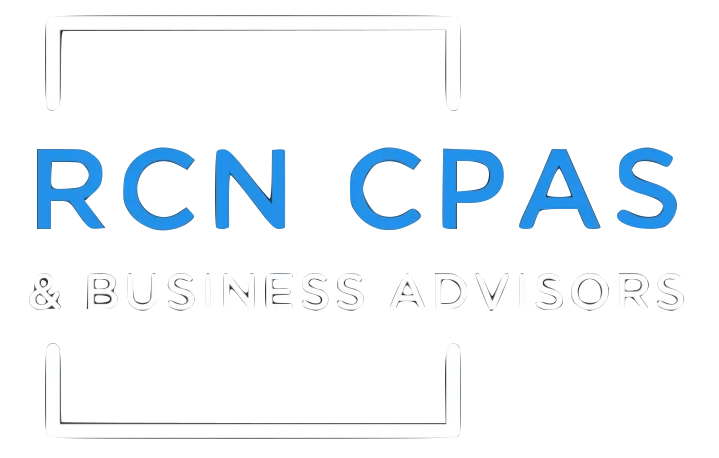What Types of Records Should You Keep for Your Business?
Owning and operating a involves a blend of different expertise, some of which you may possess and others you may require to outsource from professionals. But amidst the hustle of managing the day-to-day operations and ensuring that your customers are satisfied, record-keeping shouldn’t be an afterthought.
Robust record-keeping is essential for more than just staying out of trouble with the law. It’s the foundation for making smart business decisions and keeping your business financially healthy. Here are the essential types of records you should keep on hand to propel your business forward.
Financial Records:
- Sales Reports: Track your revenue and analyze sales trends to make informed decisions about pricing and marketing your products or services.
- Expense Records: Keep detailed records of all expenses, including inventory costs, rent, utilities, marketing expenses, and employee wages.
- Profit Margin Analysis: Regularly calculate and monitor your profit margins to make sure your pricing strategy is keeping you in the black.
- Cash Flow Statements: Monitor the flow of cash in and out of your business to manage your liquidity effectively.
- Bank Statements: Maintain records of all your business transactions so you can reconcile your accounts and identify any discrepancies.
Inventory Management Records (if applicable):
- Inventory Reports: Track your current inventory levels, how well different products are selling, and reorder points to avoid stockouts or overstocking.
- Purchase Orders and Invoices: Keep a record of all your purchase orders and invoices for inventory to track costs and reconcile payments.
- Return and Exchange Records: Document all returns and exchanges to track inventory adjustments and ensure accurate financial reporting.
Customer Records:
- Customer Purchase History: Maintain a record of customer purchases so you can personalize your marketing efforts and improve customer retention.
- Customer Feedback and Reviews: Keep track of customer feedback and reviews to identify areas where you can improve your products and services based on what your customers are telling you.
Legal and Compliance Records:
- Business Licenses and Permits: Make sure you have copies of all the licenses and permits required to operate your business legally.
- Vendor Agreements: Archive agreements with suppliers to ensure clarity on product sourcing, pricing, and delivery terms.
Marketing and Promotion Records (if applicable):
- Marketing Campaign Performance: Track the effectiveness of your marketing campaigns to understand your return on investment and adjust strategies accordingly.
- Social Media Analytics: Monitor how your social media marketing efforts are performing so you can engage with your target audience more effectively.
Operational Records:
- Employee Records (if applicable): Maintain personnel files with employment contracts, performance evaluations, and training records for effective workforce management.
- Store Maintenance Records (if applicable): Keep records of maintenance and repairs to ensure your physical space is well-maintained.
Record-Keeping Best Practices:
- Consistency: Establish a standardized record-keeping system and maintain records regularly to ensure accuracy and completeness.
- Organization: Use digital tools or physical filing systems to organize your records systematically for easy retrieval.
- Backup and Security: Regularly back up electronic records and implement data security measures to protect sensitive information.
- Compliance: Stay informed about relevant regulations and make sure your record-keeping practices align with legal requirements.
As a business owner, you should maintain comprehensive record-keeping across financial, inventory, customer, legal, and operational categories, you’ll not only comply with regulations but also gain valuable insights to drive your business’s growth and success.





